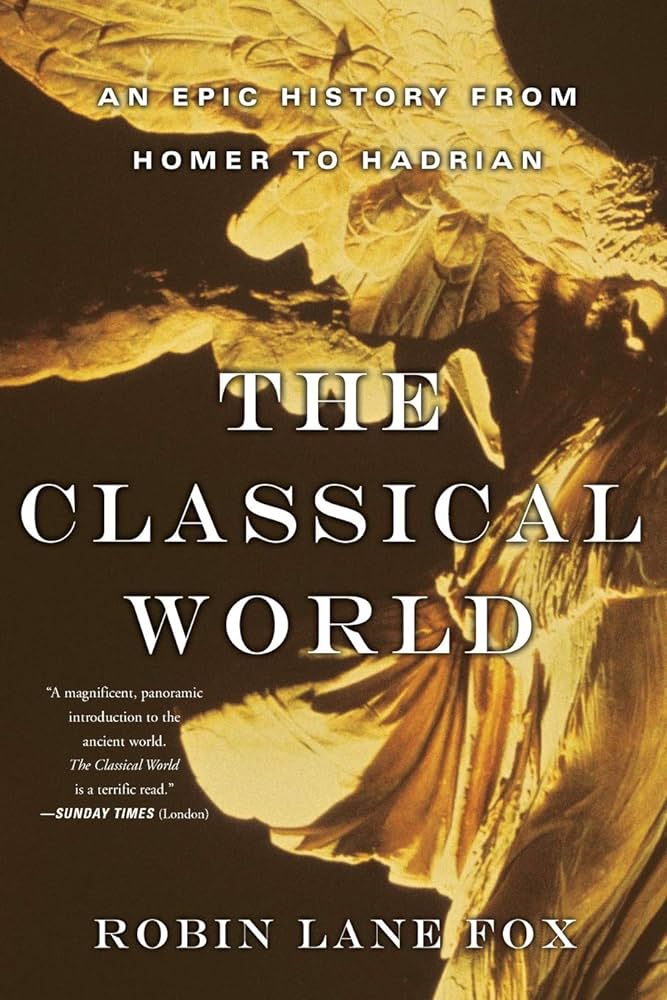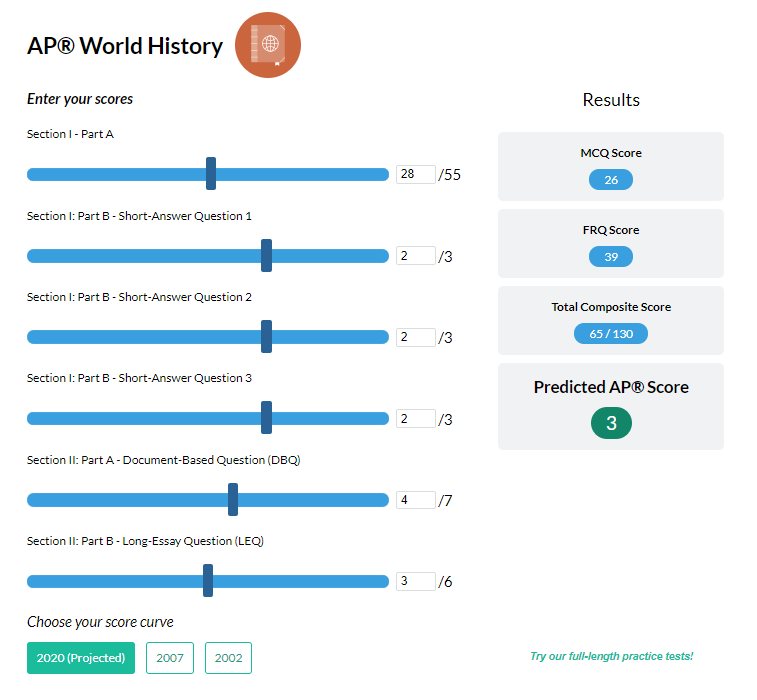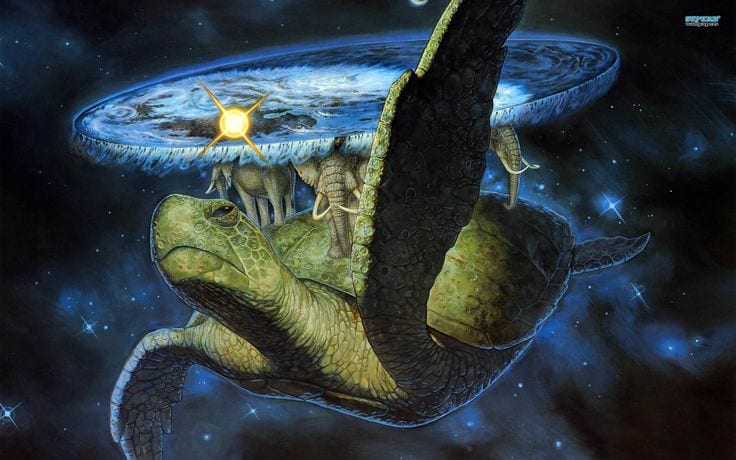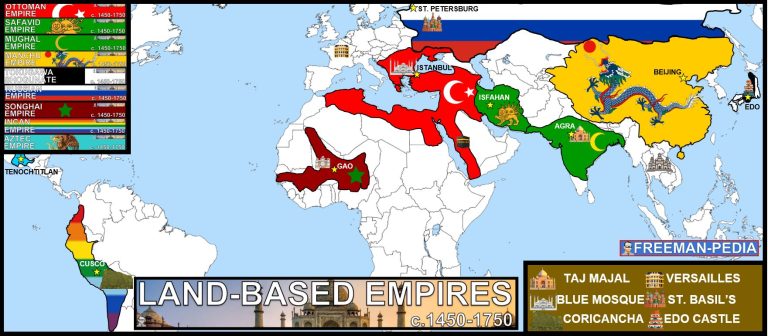The Classical World: An Epic History From Homer To Hadrian
The Classical World: An Epic History From Homer To Hadrian is an authoritative and comprehensive history of the ancient world from the 8th century BC to the 2nd century AD. Written by renowned classicist Robin Lane Fox, this book explores the rise and fall of the classical civilizations of Greece, Rome, and the Near East. Through vivid descriptions and engaging narrative, the book examines the major events, political developments, and cultural achievements of the ancient world. Fox also provides insightful analyses of the philosophical, religious, and artistic contributions of the classical world. This book offers an unparalleled look into the history and legacy of the classical world and is a must-read for anyone interested in this period.
The Epic Poetry of Homer
The Epic Poetry of Homer is perhaps the most iconic form of classical literature. Homer, the legendary poet of ancient Greece, is widely considered to be the author of the two great epics, the Iliad and the Odyssey. These two epics are the earliest surviving works of Western literature and form the basis for the literary tradition of the Western world. Homer’s epics recount the story of the Trojan War, the journey of Odysseus, and many other tales, which have become ingrained in our cultural memory. They are masterful works of storytelling, filled with vibrant characters, powerful themes, and extraordinary adventures. Through Homer’s epics, we can explore the heroic ideals of the ancient world, such as courage, honor, and loyalty. Moreover, the epics provide an invaluable insight into the culture, beliefs, and values of the ancient Greeks. By studying Homer’s epics, we can gain a better understanding of the classical world and its enduring legacy.
Greek Religion and Mythology
Greece is known for its rich and varied history, and its culture is steeped in the stories of the gods, heroes, and events that shaped the ancient world. Greek religion and mythology are an integral part of this history, and to understand the significance of the Classical World, one must first understand the myths and beliefs of the ancient Greeks. Greek religion was based on polytheism, the belief in multiple gods and goddesses, and the Greeks believed that the gods were responsible for the natural forces and phenomena of the world. They believed that the gods were responsible for all aspects of life, from the mundane to the epic, and their myths were filled with stories of gods and goddesses, heroes and villains, and tales of love, betrayal, and revenge. Greek mythology was also closely linked to the cult of the Olympian gods, and the gods were worshiped in temples throughout the Greek world. From the stories of the Trojan War to the 12 labors of Hercules, Greek religion and mythology remain a source of fascination and intrigue to this day.
The Rise of the Classical Greek City-State
The city-state was a defining feature of the Classical Greek world. Starting around the 8th century BCE, the rise of the city-state would shape the cultural, political, and social landscape of the region for centuries. The city-state was a complex political entity, with a variety of structures and characteristics, but the most influential of these were the two key components of the polis: the agora and the acropolis.
The agora was the center of social, political, and economic life in the city-state. It was a public space where citizens could gather to conduct business, discuss politics, and even hold religious ceremonies. The agora was a crucial component of the democratic process, as citizens could come together to debate and make decisions about their city-state.
The acropolis was the fortified citadel of the city-state, and it served a number of political and religious functions. It was a symbol of the city-state’s power and a place where its citizens could seek refuge in times of war. It was also the site of the major religious festivals of the city-state, where citizens could honor their gods and goddesses. In addition, the acropolis was usually the location of the city-state’s most important monuments and buildings.
The city-state was an integral part of the Classical Greek world, and its rise laid the foundations for the region’s later achievements in politics, culture, and the arts. The agora and the acropolis were two of the most important features of the city-state, and they helped to shape the society and culture of the Classical Greek world.

The Peloponnesian War and Its Aftermath
From the epic tales of Homer to the intricate works of Hadrian, the Classical World period was one of immense historical significance. One of the most critical events during this era was the Peloponnesian War, which began in 431 BC and lasted a total of 27 years.
The Peloponnesian War was a conflict between the powerful Greek city-states of Athens and Sparta, and their respective allies. The war was primarily fought over the issue of control of the territory of the Delian League, an alliance of Greek states led by Athens. The conflict eventually led to the defeat of the Athenian-led alliance and the end of Athens’ dominance in the region.
The aftermath of the Peloponnesian War saw the emergence of Sparta as the dominant power in Greece, as well as the rise of the Macedonian kingdom in the north. Sparta’s reign was short-lived, however, as it was eventually overturned by the Macedonian King Philip II in the late 4th century BC. This ushered in the Hellenistic period, a time of great cultural and intellectual development in the region.
The Classical World period was a time of great change and advancement, and the Peloponnesian War was a pivotal event during this era. It marked the end of one era and the beginning of another, and its impact can still be felt in the region today.
Alexander the Great and the Spread of Hellenism
Alexander the Great was one of the most influential figures in history, and his legacy profoundly shaped the classical world. Alexander was the son of King Philip II of Macedon and a student of Aristotle, who instilled in him a deep appreciation for Greek culture. Alexander’s reign saw the rise of Hellenism, a cultural movement that spread Greek language, religion, and customs throughout the Mediterranean and Near East.
Alexander was an ambitious military leader who conquered much of the known world. He was a brilliant strategist and adept at adapting to the local culture, which enabled him to forge alliances and win the loyalty of conquered peoples. Through his conquests, Alexander spread Hellenism and established the cities of Alexandria, Antioch, and Pergamum, which became the centers of the Hellenistic world.
Alexander’s legacy also had a lasting influence on literature, art, and philosophy. He embraced the works of Homer, Hesiod, and other great Greek authors, making their stories and works popular throughout the known world. He also fostered a culture of debate and critical thinking which served as a foundation for philosophical and scientific inquiry.
By the time of his death in 323 BC, Alexander had established an extensive empire that stretched from Asia Minor to Egypt. His influence on the classical world was profound, and his legacy continues to shape our understanding of the past.
The Roman Republic and the Age of Hadrian
The classical world was shaped by the period of Roman rule which spanned from the Roman Republic in 509 BC to the death of Emperor Hadrian in 138 AD. This period of Roman history is often referred to as the “Age of Hadrian” and was marked by a period of prosperity and stability. During this time, the Roman Republic was unified under the rule of Hadrian, who transformed Rome into a sophisticated and cosmopolitan city. He was responsible for the building of the Pantheon, the Colosseum, and other iconic structures. Hadrian also implemented a series of reforms which improved the city’s infrastructure, such as the aqueducts and roads. Additionally, the Age of Hadrian saw a flourishing of literature, art, and architecture. Writers such as Virgil, Ovid, and Cicero composed some of the most celebrated works of the time. Meanwhile, the art and architecture of the period was characterized by its use of harmony and balance. Finally, the Age of Hadrian was a period of relative peace and stability for the Roman Republic. It was a period of great intellectual and cultural activity, and the legacy of Hadrian’s reign has left a lasting impression on the classical world.
FAQs About the The Classical World: An Epic History From Homer To Hadrian
Q1. What is the focus of The Classical World: An Epic History From Homer To Hadrian?
A1. The Classical World: An Epic History From Homer To Hadrian is a comprehensive history of classical civilization, from the ancient Greek and Roman period through the end of the Roman Empire. It covers the rise and fall of major political, social, and cultural figures, movements, and events throughout the era.
Q2. What does The Classical World: An Epic History From Homer To Hadrian include?
A2. The Classical World: An Epic History From Homer To Hadrian includes detailed accounts of major figures and events, including the rise of democracy in Athens, the conquests of Alexander the Great, and the eventual decline of the Roman Empire. It also covers the development of literature, philosophy, art, and architecture during this period.
Q3. Who is the author of The Classical World: An Epic History From Homer To Hadrian?
A3. The Classical World: An Epic History From Homer To Hadrian is written by Robin Waterfield, an experienced historian and award-winning author. He has written extensively on the classical period, and his other works include Alexander the Great, The Greek World, and The Roman Revolution.
Conclusion
The Classical World: An Epic History From Homer To Hadrian is an excellent resource for anyone looking to gain a better understanding of ancient Greece and Rome. It provides an in-depth look into the major figures, events, and cultures of the period, as well as giving insight into how these civilizations shaped the modern world. It is an essential resource for anyone looking to explore the history of the classical world, and is sure to be a valuable addition to any library.






